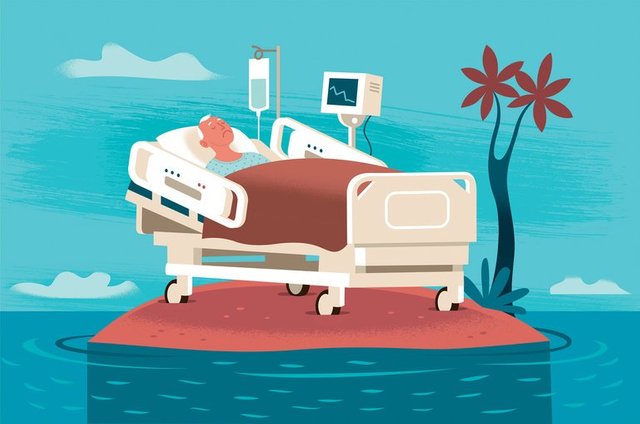Social Interaction Is Critical for Mental and Physical Health

Hurray for the HotBlack Coffee cafe in Toronto for declining to offer Wi-Fi to its customers. There are other such cafes, to be sure, including seven of the eight New York City locations of Café Grumpy.
But it’s HotBlack’s reason for the electronic blackout that is cause for hosannas. As its president, Jimson Bienenstock, explained, his aim is to get customers to talk with one another instead of being buried in their portable devices.
“It’s about creating a social vibe,” he told a New York Times reporter. “We’re a vehicle for human interaction, otherwise it’s just a commodity.”
What a novel idea! Perhaps Mr. Bienenstock instinctively knows what medical science has been increasingly demonstrating for decades: Social interaction is a critically important contributor to good health and longevity.
Personally, I don’t need research-based evidence to appreciate the value of making and maintaining social connections. I experience it daily during my morning walk with up to three women, then before and after my swim in the locker room of the YMCA where the use of electronic devices is not allowed.
The locker room experience has been surprisingly rewarding. I’ve made many new friends with whom I can share both joys and sorrows. The women help me solve problems big and small, providing a sounding board, advice and counsel and often a hearty laugh that brightens my day.
And, as myriad studies have shown, they may also be helping to save my life.
As the Harvard Women’s Health Watch reported, “Dozens of studies have shown that people who have satisfying relationships with family, friends and their community are happier, have fewer health problems, and live longer.”
In a study of 7,000 men and women in Alameda County, Calif., begun in 1965, Lisa F. Berkman and S. Leonard Syme found that “people who were disconnected from others were roughly three times more likely to die during the nine-year study than people with strong social ties,” John Robbins recounted in his marvelous book on health and longevity, “Healthy at 100.”
This major difference in survival occurred regardless of people’s age, gender, health practices or physical health status. In fact, the researchers found that “those with close social ties and unhealthful lifestyles (such as smoking, obesity and lack of exercise) actually lived longer than those with poor social ties but more healthful living habits,” Mr. Robbins wrote. However, he quickly added, “Needless to say, people with both healthful lifestyles and close social ties lived the longest of all.”
In another study, published in The New England Journal of Medicine in 1984, researchers at the Health Insurance Plan of Greater New York found that among 2,320 men who had survived a heart attack, those with strong connections with other people had only a quarter the risk of death within the following three years as those who lacked social connectedness.
Researchers at Duke University Medical Center also found that social ties can reduce deaths among people with serious medical conditions. Beverly H. Brummett and colleagues reported in 2001 that among adults with coronary artery disease, the mortality rate was 2.4 times higher among those who were socially isolated